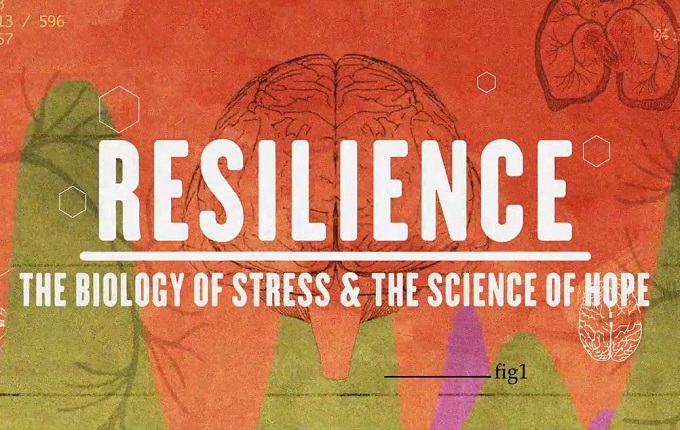Resilience Review

The Plot
Resilience is a documentary charting the growing medical evidence surrounding the possible links between childhood emotional trauma and physical health of adults.
The Good
Director James Redford delivers the latest in a growing series of documentaries handling medical subject matter with due sensitivity and care. In particular Resilience explores the uncomfortable science surrounding the connection between childhood trauma and life altering physical health conditions. The film provides both an informative education of the latest evidence for this new approach to health management with a subtle investigation to some of the deep rooted public and medical reluctance to accept this new premise that relatively common psychological trauma can have serious long term health consequences.
Redford’s approach combining evocative animation with calmly assembled medial and personal testimonies allows the film to cover emotional and taboo subject matter in a clear and concise manner. In a relatively short running time the film succeeds in presenting a picture of a potentially important change in the medical perceptions of the lasting impact of developmental psychology.
The film is also deliberately clear in addressing any potential argument that the notion that adverse childhood experiences have negative health impacts is self-evident or irrelevant. The film seeks to demonstrate that not only is the connection between ‘toxic’ psychological trauma and illness far more concrete than previously understood, it also potentially hold a key to making vital changes n preventative treatments for a wide range of serious health conditions.
The film serves as careful documentation of an originally controversial medical hypothesis and unashamedly seeks to encourage explorations of what the true impact of accepting this new reality may be.
The Bad
Despite the film’s best effort and intentions, no doubt many will find that the subject matter of childhood traumas and terminal illness uncomfortable viewing. If the evidence the film presents is true about the extent to which issues like sexual abuse, violence and emotional trauma affect significant portions of global populations then it’s likely this film may feel awkwardly relevant for a great many people.
While the film does it’s best to focus on the potential therapeutic benefits of this new science it is difficult, especially for those more directly affected by these findings, to ignore the central premise that childhood traumas do even more lasting damage to people’s lives than previously believed. This newfound understanding will likely prove little consolation for adults already living with these potentially devastating and varied health concerns.
The Ugly Truth
Resilience is a concise and well produced documentary that deals with a potentially unpalatable medical subject matter in an engaging and accessible way.
Review by Russell Nelson